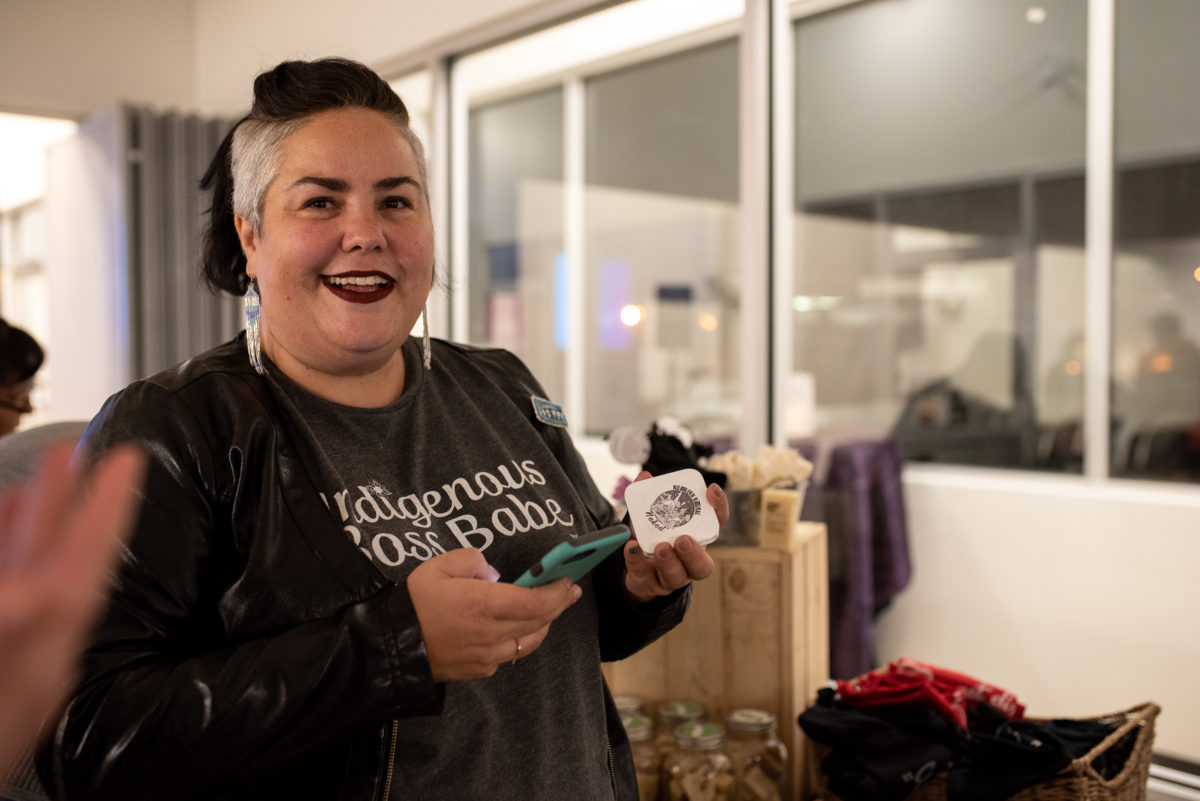
A dam destroyed their river. 61 years later, two First Nations fought for justice
A new documentary, Nechako: It Will Be a Big River Again, dives into how two...
This is part two of Land Crafted: a five-part video series exploring entrepreneurship in northern Canada.
The signposts on the road to Mayo, Yukon, have a little icon of a mine cart on them. The cart is overflowing with ore intended to represent silver — after all, the highway, 22A, is known as the Silver Trail. That name hearkens back to the region’s history, steeped in the silver and gold mines that brought prosperity to the region in the late 19th century.
Back then, mining was the only game in town for Keno, now a museum-like ghost town, and Mayo to the south. Today that history is repeating itself with the opening of the Victoria Gold project between the two tiny towns.
That renewed gold rush is creating a flurry of activity as new companies form, people snap up land and there’s a job for everyone. That means higher prices and higher salaries, so for those in any business but mining, the upswing starts to look like a liability. It is putting new strain on some facets of the economy even while it helps others.
“I grew up with entrepreneurship around me,” says Joella Hogan, a member of Na-Cho Nyäk Dun First Nation in Mayo. With her father and brother both owning businesses, Joella set out to have a business of her own.
“In my head I always knew that I would have a side business eventually.”

Joella Hogan is the owner of the Yukon Soap Company. Photo: Eric Pinkerton / EntrepreNorth
But she wanted to stay in Mayo, in her traditional territory.
Hogan bought Yukon Soaps, an established local brand, as a way to explore her entrepreneurial drive without having to leave her community.
“When the opportunity came up to buy this small soap-making business, I really saw it as an opportunity to re-connect our people to the land,” she says.
The shelves overflowing with curing soap in her basement are a testament to how successful she has been in that venture. With support from the community, including young people willing to help her harvest local plants and package the soap, she is building a small business in a town dominated by the vagaries of a much larger one.
As is the case for most of Mayo’s businesses, the mine is among Joella’s customers, regularly ordering soap from her.
The business has grown enough that, recently, Hogan felt it was time to move it into its own location in the heart of Mayo.
“I want to be a bigger part of the community; I want a presence downtown,” she says.
But the mine has set off a buying spree downtown. Speculators are holding on to prime real estate in the run-down town, hoping for big returns as the mine is built.
“If you drive downtown Mayo, there’s a lot of empty lots and vacant old buildings,” she says. It’s an understatement: row upon row of abandoned buildings lean precipitously on streets that once teemed with the last generation of gold miners. Up the highway, in Keno, much of the town has become a living museum — a testament to the kind of prosperity a gold rush brings, the kind that’s here one day and gone the next.
After weeks of hunting, Hogan happened upon a good candidate among the high-priced lots. She jumped on it, and has begun planning for the construction. There, too, she will face challenges: many skilled tradespeople in the area have been hired by the mine, meaning contractors are hard to come by. Nevertheless, she is pressing on with her vision.
“I want it to be Mayo’s soap business,” she says.
This series was made possible with the support of EntrepreNorth; however, the organization did not have editorial input into the videos or articles published on The Narwhal.
Get the inside scoop on The Narwhal’s environment and climate reporting by signing up for our free newsletter. Angello Johnson’s shoulders burn, and his arms...
Continue reading
A new documentary, Nechako: It Will Be a Big River Again, dives into how two...

Bracken was recognized for intimate portraits of residents of Fort Chipewyan, Alta., who told her...

A guide to the BC Energy Regulator: what it is, what it does and why...
